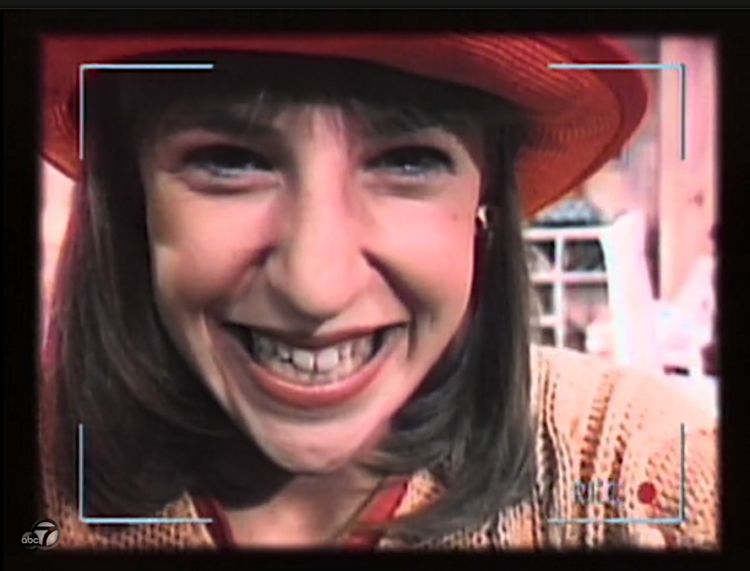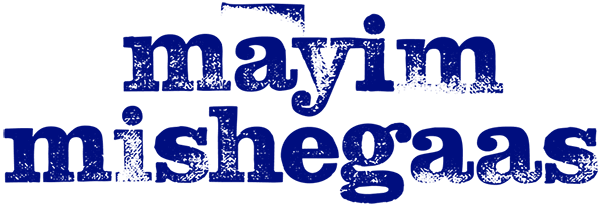
From the ages of 14 to 19, I was on a TV show called Blossom. I had only started acting a few years earlier, but a lot of people roll their eyes at me when I inform them that I don’t consider myself a child actor because I started when I was almost in middle school.
When my kids were toddlers, I got asked a lot if I would let them be actors. My kids were indisputably pretty cute, with big blue eyes and chubby cheeks and long eyelashes and the adorable rolls of flesh and sweet smiles a lot of catalogues and commercials like to feature. My answer was always unequivocally, “No way!” When people ask me if they should put their child into the acting business, my answer is always based on two things that I was reminded of when I got to observe a 3-year-old actor on a set this past year.
There are two main things that actors are required to do, and these are the things that are very different for a 3-year-old versus an 11-1/2-year-old:
- Perform on cue. Actors are required to do certain things in a certain way. We have to wait for cues, recite lines, perform actions, and react to other things in a scene.
- Push down your feelings to please other people, especially if they are negative feelings. If you are grumpy or sad or even grieving, your job as an actor is to forget all of that and do what is required by the script and the director. That’s the job by definition.
When I was watching the 3-year-old take direction on set, I was struck by how powerful an experience it can be for a child. The entire set of actors on set tried to make him feel comfortable, but as a mom, all I saw on this child’s face was how overwhelmed he was. One of the actors was not very experienced with children, asking him a ton of questions in rapid-fire fashion, which he could not even understand. There was so much stimulation from this actor, and I’m an adult. I don’t know how this child was putting it all together.
It’s hard to make children that young do things, even such simple directions as “run down the stairs when the director yells ‘Action!’” This is why a lot of child actors are bribed or plied with candy and treats to make them perform. It works for children just like it works in experiments with animals: If you give a reward, you can condition a response with more and more efficiency and accuracy. That’s how you can get kids to do things you want them to do.
In a similar vein, small children get grumpy when they are tired and hungry and although there are certainly conservative rules governing how many hours children can work without breaks, as a mom, I know that sometimes rough moods or hunger or tantrums can strike at any time, and it’s not always when the work day ends.
I remember how hard it was to navigate these two things as an 11-and-a-half-year-old. At auditions, I learned to follow directions and do what other people wanted as indicated by a script and by verbal direction. I also remember being in bad moods sometimes for a variety of reasons in my teenage years and having to push that aside because I had to work or audition.
I don’t recall being traumatized by any of these experiences fortunately, but I cannot imagine how small brains take this information and incorporate it into their life vision.
Your likeability as a toddler actor is based solely on whether you make people happy. The job of a toddler, in my opinion, should be for other people to make you happy. You get praise and treats if you are “good”—where “good” means doing what other people tell you to do and pretending to feel ways that make everyone comfortable.
Am I overthinking this? Absolutely. As a neuroscientist and a mom, though, I simply can’t help it.
Acting and the experience of theater is invaluable for children. It helps many children find their voice and come out of their shells. It provides an opportunity for creative expression. In the context of professional performance, however, it can be tricky to navigate, even with parents with the best of intentions.
When parents ask me if their kids should be actors, I encourage parents to enroll their children in theater, but stand firm that we should leave the performing on cue and pushing down feelings part to the older kids and adults. And with CGI and special effects being what they are, who knows? Maybe the toddler actor will become a thing of the past and toddlers can go back to being the unpredictable, sometimes-happy, sometimes-grumpy not-wanting-to-listen-to anyone creatures that we know and love.




 Read More From Mayim
Read More From Mayim
Grok Nation Comment Policy
We welcome thoughtful, grokky comments—keep your negativity and spam to yourself. Please read our Comment Policy before commenting.